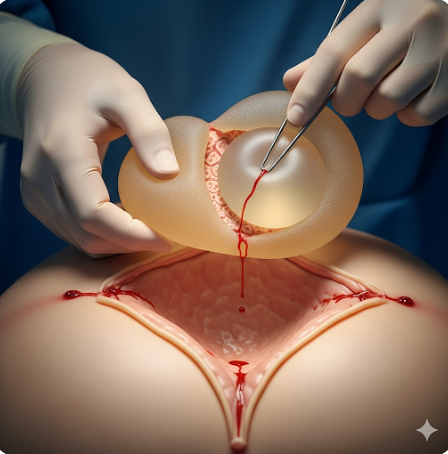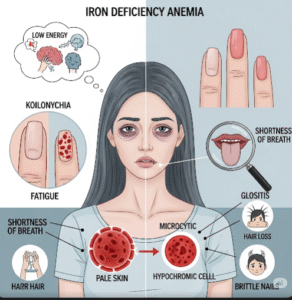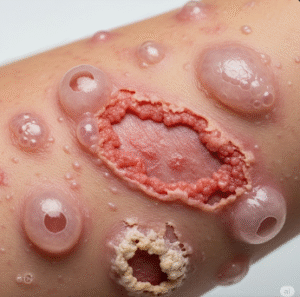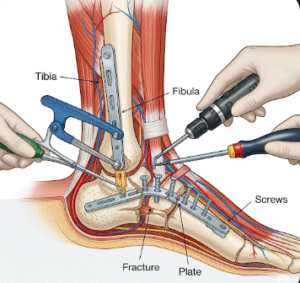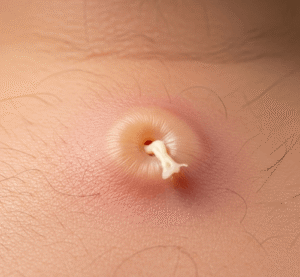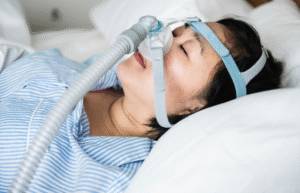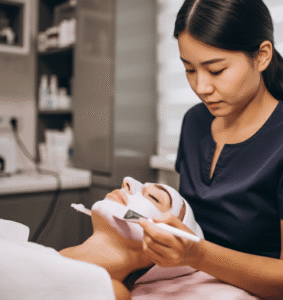What It Is
En bloc implant removal is a surgical procedure where the breast implant and the surrounding scar tissue capsule are removed together as one unit, without opening or separating them. This approach is often recommended for patients with ruptured implants, silicone leakage, or breast implant illness (BII), as it minimizes the risk of contamination or residual silicone in the body.
In Korea, en bloc removal is performed by experienced revision surgeons using microsurgical precision, advanced imaging guidance, and meticulous techniques to ensure both safety and aesthetics. It can also be combined with a breast lift or fat transfer to restore natural shape after implant removal.
Why It’s Done
Patients undergo en bloc implant removal because:
- Their implant has ruptured or leaked, especially silicone.
- They experience symptoms possibly linked to breast implant illness (BII).
- They have severe capsular contracture causing pain or deformity.
- They want implants permanently removed along with the surrounding capsule.
- They desire peace of mind regarding health and long-term safety.
Good candidates include:
- Women with ruptured or leaking implants.
- Patients with severe capsular contracture (Baker grade III–IV).
- Those experiencing systemic symptoms they attribute to implants.
- Individuals who prefer complete implant and capsule removal for personal reasons.
Alternatives
- Capsulectomy (partial or total): Removes part or all of the capsule but not always in one piece.
- Capsulotomy: Releases the capsule without removing it, less invasive but not effective for ruptures or illness.
- Explant without capsule removal: Leaves scar tissue behind, not recommended in certain cases.
Preparation
Before en bloc implant removal in Korea, patients will:
- Undergo consultation with ultrasound or MRI to evaluate implant and capsule condition.
- Stop smoking and alcohol 2–4 weeks before surgery.
- Avoid blood-thinning medications and supplements.
- Discuss options for breast reshaping after implant removal (lift, fat grafting, or external support).
- Plan for longer recovery than a simple explant procedure.
How It’s Done
- Anesthesia: General anesthesia is required.
- Incision: Often through existing scars (inframammary fold, periareolar) but may be extended if necessary.
- Removal: The implant and capsule are carefully dissected and removed together as one intact unit.
- Adjunct procedures: Mastopexy (breast lift) or fat transfer may be performed to improve shape.
- Closure: Fine sutures and dressings applied; drains may be placed.
- Duration: 3–5 hours depending on complexity.
Recovery
- First week: Swelling, bruising, and discomfort are expected; compression garments are worn.
- Hospital stay: 1–2 days for observation in some cases.
- Return to activities: Light duties after 1–2 weeks; strenuous activity avoided for 4–6 weeks.
- Final results: Breasts settle into a natural shape within 2–3 months; scars mature over 6–12 months.
Possible Complications
- Contour irregularities or loose skin after implant removal.
- Need for a breast lift to restore shape.
- Temporary or permanent changes in nipple sensation.
- Infection, hematoma, or delayed healing.
- Rare risks: incomplete capsule removal if adhesions are severe.
Treatment Options in Korea
Diagnosis
Korean surgeons use MRI, ultrasound, and 3D imaging to check implant integrity, capsule thickness, and surgical planning.
Medical Treatments
- Non-surgical therapies may help manage discomfort but cannot resolve capsule or implant issues.
Surgical or Advanced Therapies
- En bloc removal for ruptured or symptomatic implants.
- Explant with mastopexy for patients needing reshaping.
- Explant with fat transfer for natural volume restoration.
- Hybrid approaches combining techniques to balance aesthetics and health.
Rehabilitation and Support
- Scar care with silicone gels or laser treatment.
- Long-term monitoring of breast health after implant removal.
- Counseling and support for patients concerned about breast implant illness.
- International patients benefit from Korea’s high-level revision surgery expertise, advanced imaging systems, and holistic aftercare services.

